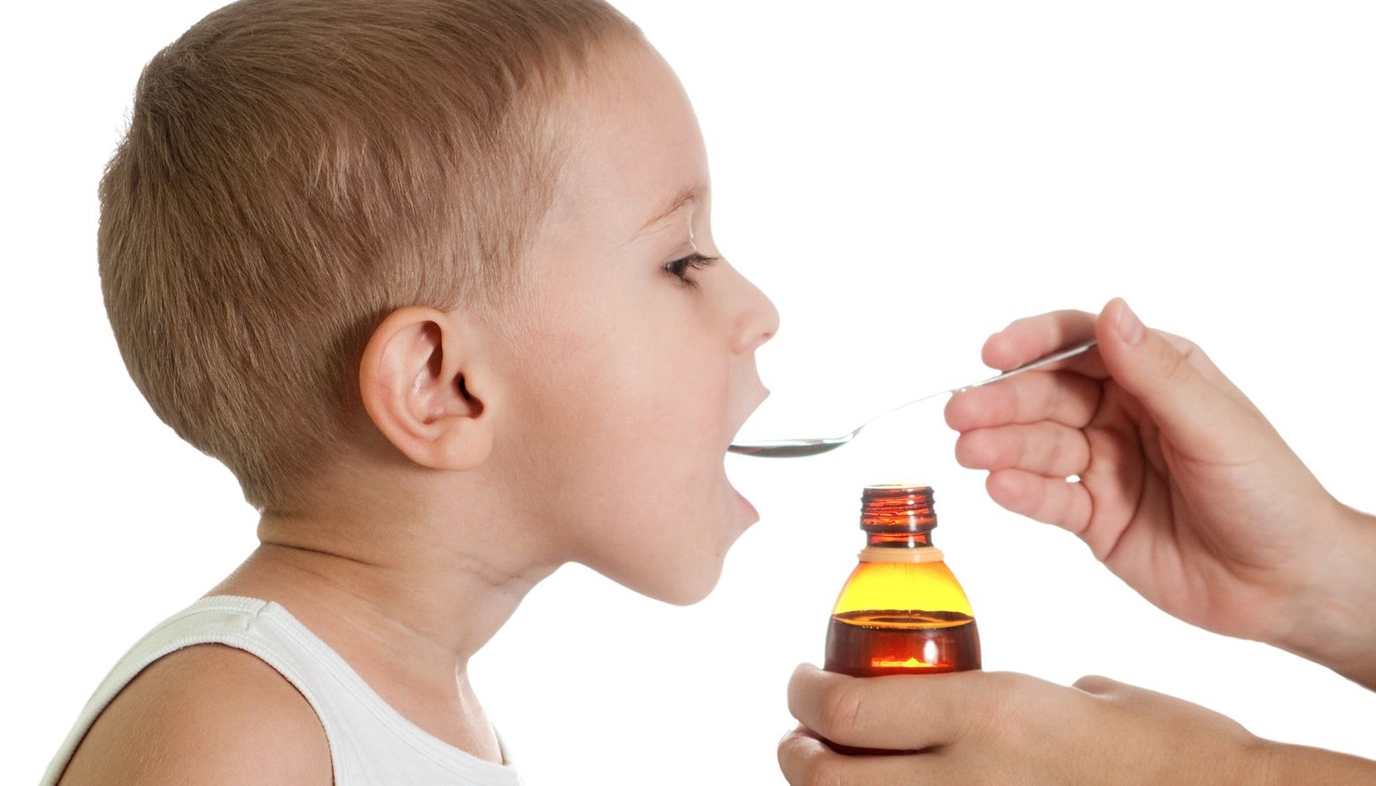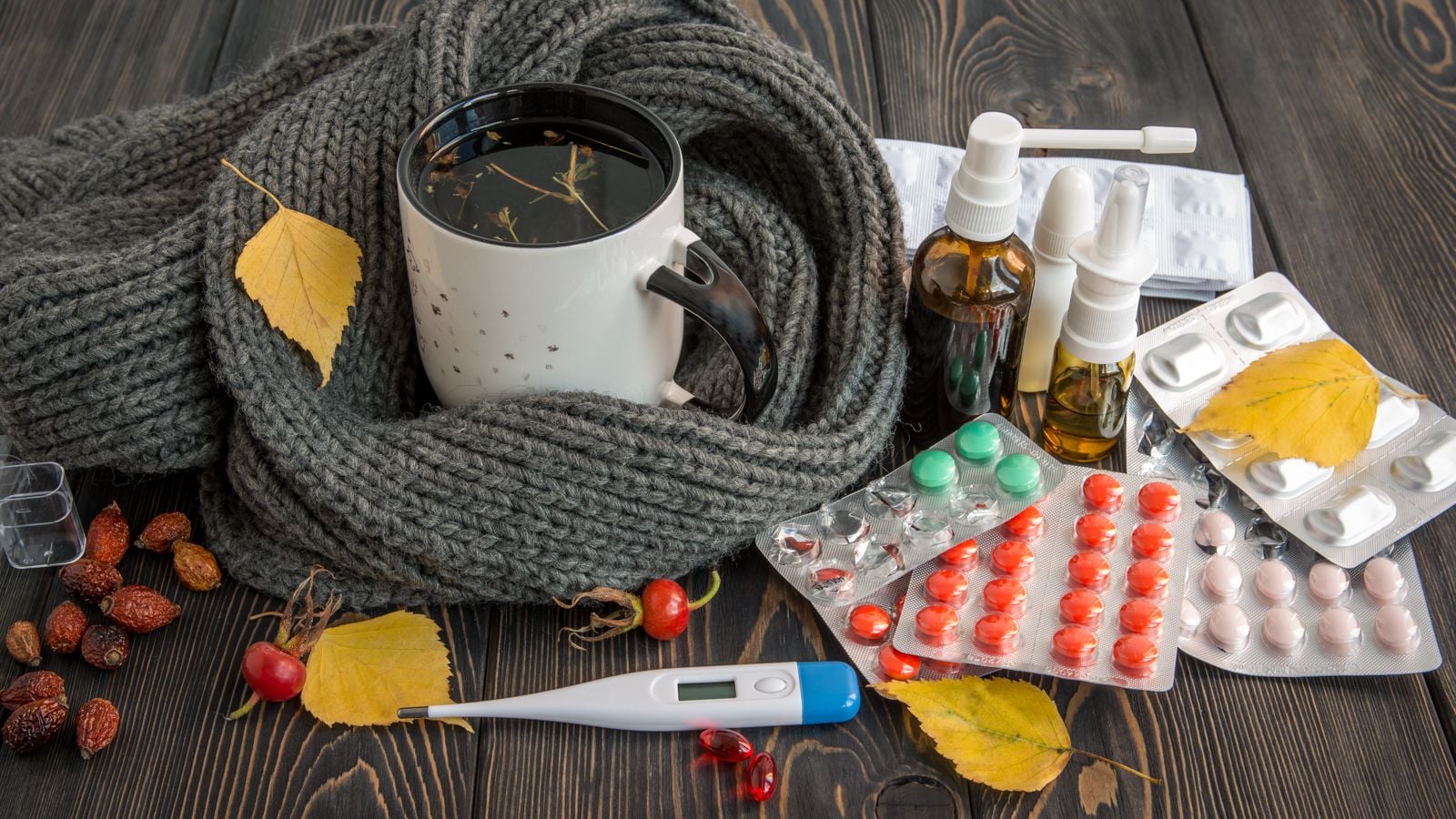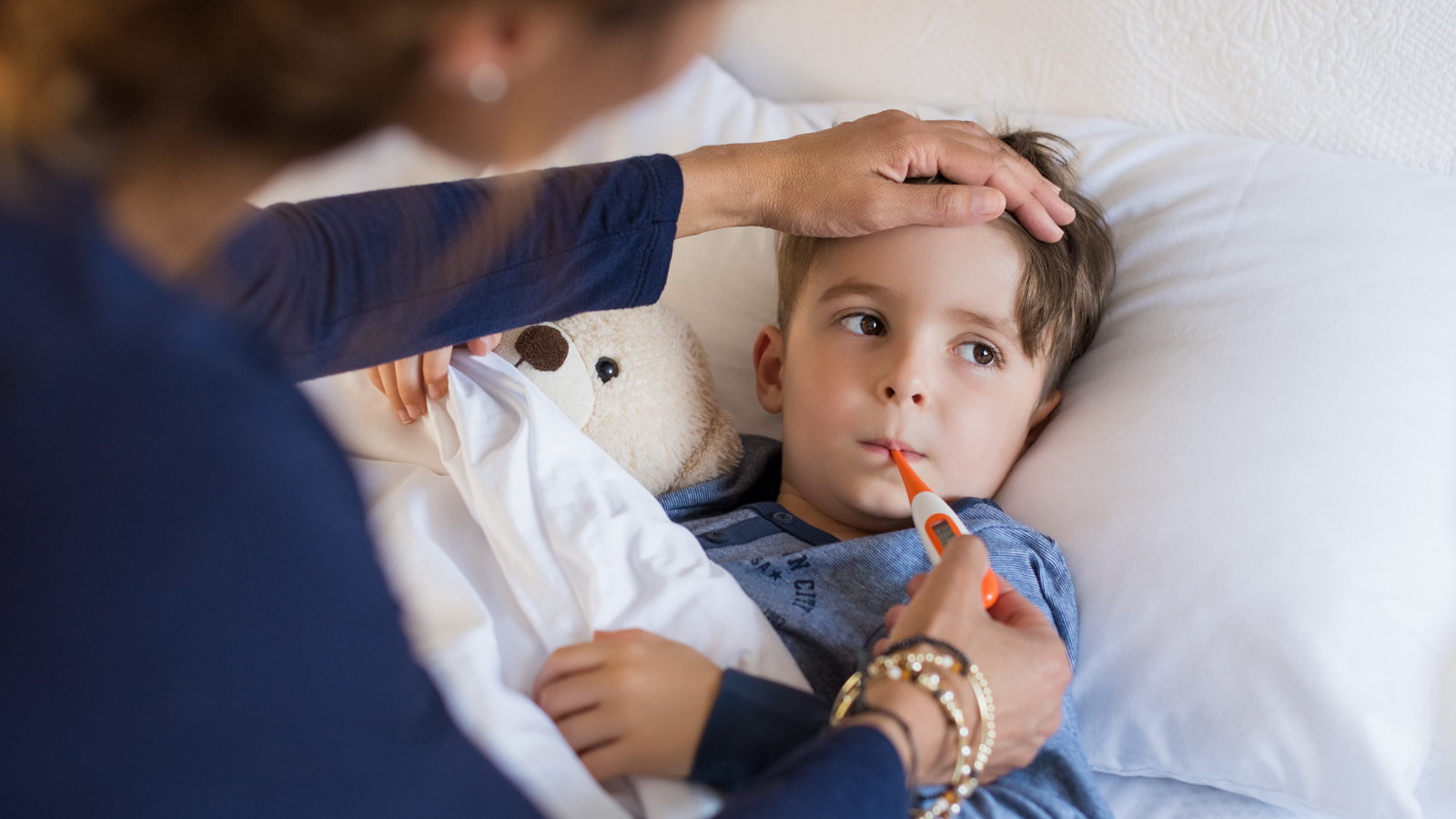
One of the scariest times of parenthood is having a sick child. This becomes even more difficult when your sick child is an infant, unable to tell you what is wrong. We’ve all seen the cold medications available at the store. It’s even quite possible that we own and use some of these medications when our children are sick. This article is an attempt to inform you and hopefully allow you to think before you dose.
The Facts on Cold Medicine
A press release in January 2007 from the United States Center for Disease Control urged parents, caregivers, and doctors to think before they dosed. This information was provided after the CDC studied more then 1500 cases of infants and children visiting emergency rooms from side effects or overdoses of cold and cough medicine.

You’ll notice that not many, if any cold and cough medications are designed strictly for children under two. The safety and effectiveness has not been established and no recommended dose has been provided. The instruction has always been given to contact your child’s doctor before giving any over the counter medication. The CDC included doctors in this recommendation because they believe, after the results of their research, that no child under the age of two should be given an over the counter cold and cough medication unless it is absolutely necessary.
The main reasoning behind this recommendation is the active ingredients that are found in these types of medications. The link that tied all the cases together was high levels of pseudoephedrine. In some instances, the levels were several times higher then the recommended levels of children under the age of 12.
Infant and toddler dosages are determined by their weight and type of medication. Special devices are used to measure out each dose. (Not provided in the package) The doses are also not universal. Just because your child may receive 0.6ml of one medication does not mean they should receive that dosage for all medications. This becomes even more confusing because cold and cough medications come in different forms. One brand that is available for purchase might be labeled “suspension”. Labeling a medication a suspension means it’s more concentrated. As you can guess, this can become very dangerous if a parent is not careful.
Doctor’s have been suggesting that a little extra attention and babying an infant/toddler is better/safer then medicating them. Most of the reasons responsible for a young child to have a cold are due to a virus. Medications have no real effect on viruses; they just need to run their course.

Suggestions to Try Instead of Medicating Your Sick Infant/Toddler:
Add a humidifier to the room: Mucus becomes thick in dry air. Adding a humidifier helps keep the room air moist. This should help your little one to breathe a little easier. Keep in mind it’s important to change the water in the humidifier daily to prevent mold and mildew from forming.
Take a shower: Bringing your child into the bathroom with you while you shower can work wonders. The warm steam is great for their airways and a great way for you to relax at the same time. If your child can/will not sit by while you shower, try several visits to the bathroom. Close the door and turn on the hot shower for a few minutes a few times a day.
Keep your child upright: If your child will tolerate it, allow them to nap in their car seat. Elevating the crib using a pillow underneath the crib mattress (never put a pillow directly inside a crib as this is an increased risk for SIDS) or even allowing them to sleep with you if that’s what makes them comfortable.
Shorter, more frequent feedings: It’s difficult for young children to breathe and eat at the same time. If your child is still bottle/breast feeding, offer smaller meals more frequently. Fluids are so very important when a child is sick and this may make it easier for them to keep hydrated.
Spoil them: Many parents are afraid to ‘give in’ to the clingy demands of their young children. They feel that they are creating bad habits by allowing them to be held, possibly constantly. The reason our children appear so clingy is because they need and want mom and dad. Don’t worry about spoiling your child. Go ahead and hold them as long as they want to be held. Take the time to offer them extra attention. Our children need us the most when they are ill.
These suggestions should not be used in place of doctor’s advice. Young infants and children are at greater risk for developing serious illnesses. When ever you’re in doubt, please call your pediatrician. Don’t worry about contacting them too often either; this is what they are there for.
